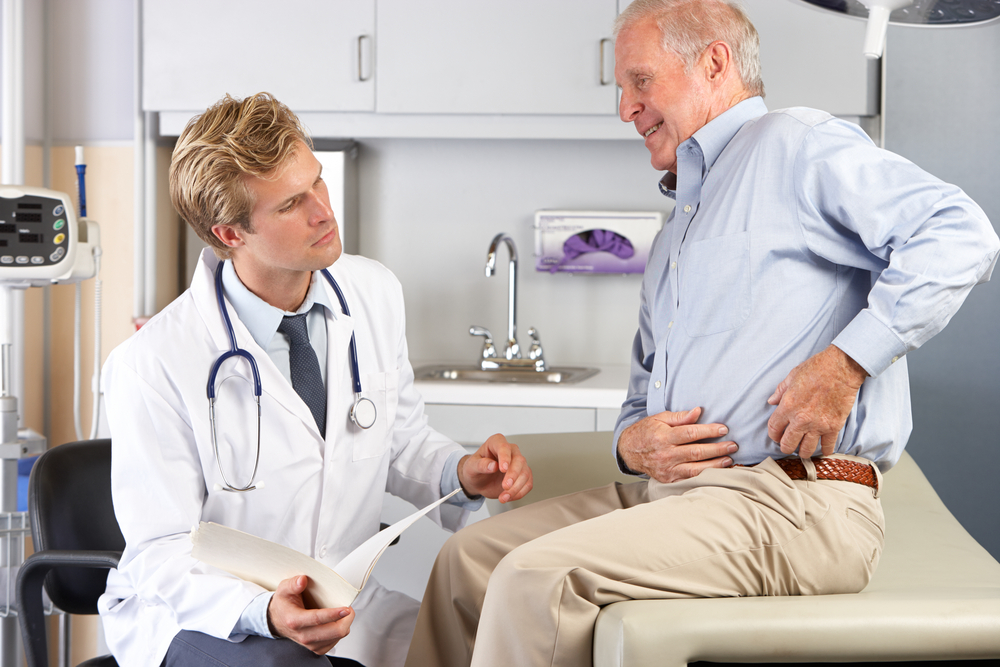Hip pain is a common complaint mostly by women. It can be the cause of the wearing and tearing of the hip joints, overuse of the part, injuries or other causes.
Conditions that may cause hip pain in women are:
- Hip fractures. Older women are prone to hip fractures, especially if they have osteoporosis (decreased bone density). Symptoms may include pain when you lift, straighten, or stand on your leg. One common sign of this is when the toes on your injured side turn out.
- Arthritis. The wear-and-tear kind that affects many people as they get older. It is the most common cause of chronic hip pain in women.
- Tendinitis. Tendons around the hip connect the muscles to the joint. Strenuous activities may cause these tendons to become inflamed.
- Bursitis. Fluid-filled sacs called bursae cushion the bony part of the hip that is close to the surface. Like the tendons, these sacs can become inflamed from irritation or overuse and cause pain whenever you move the hip joint.
- Hernia. Femoral and inguinal hernias, sometimes referred to as sports hernias, can cause anterior (frontal) hip pain in women. Inguinal hernias are more common to pregnant women because of the added pressure on the wall of their abdomen.
- Gynecological and back issues. Endometriosis is a medical condition in which the uterus lining grows somewhere else. This can cause pelvic tenderness that some women describe as hip pain. Pain from the back and spine also can be referred and felt around the buttocks and hip. A pinched nerve called Sciatica can cause pain in the back of the hip. The pain may start in the lower back and travel down to the buttocks and legs.


